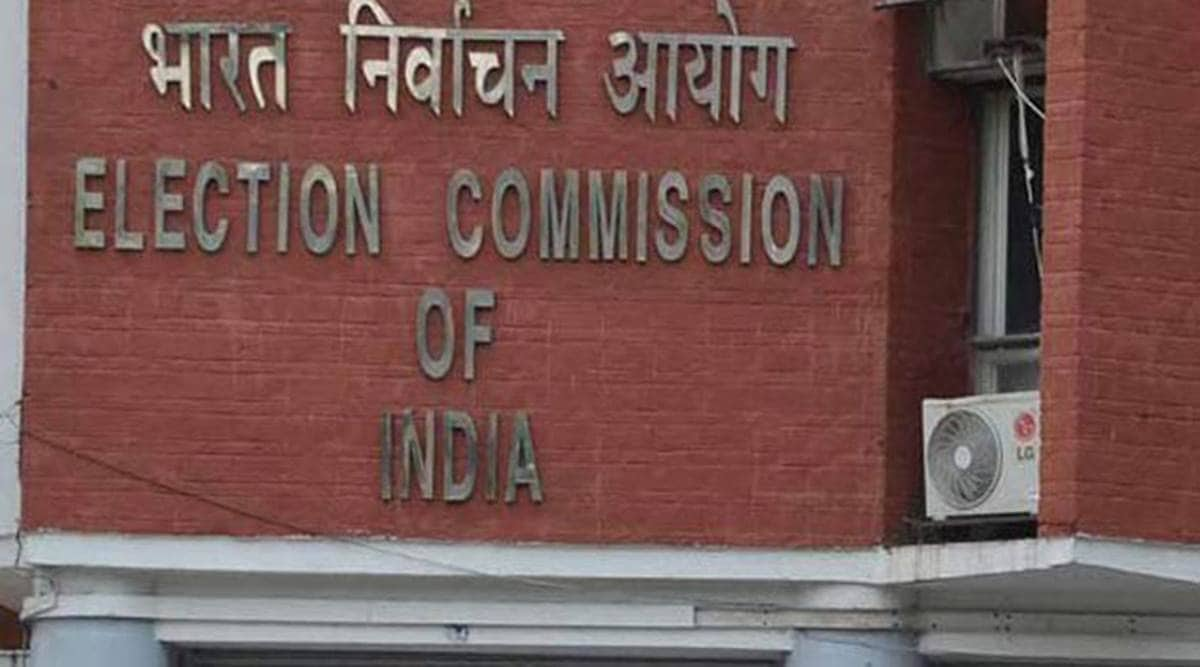 The ECI stated that although promises in a manifesto are not enforceable under election law, it had on December 27, 2016 advised all recognised political parties to submit a declaration along with copies of manifestos to see that the promises made therein are in consonance with Part VIII of the MCC.
The ECI stated that although promises in a manifesto are not enforceable under election law, it had on December 27, 2016 advised all recognised political parties to submit a declaration along with copies of manifestos to see that the promises made therein are in consonance with Part VIII of the MCC. Amid a debate over financial viability of freebies and populist schemes announced by political parties vying for power, the Election Commission of India (ECI) has told the Supreme Court that it is not within its powers to stop this.
In an affidavit filed in the top court, the ECI said: “…offering/distribution of any freebies either before or after election is a policy decision of the party concerned, and whether such policies are financially viable or its adverse effect on the economic health over the state is a question that has to be considered and decided by the voters…. The Election Commission of India cannot regulate state policies and decisions which may be taken by the winning party when they form the government.”
“Such an action, without enabling provisions in the law, would be an overreach or powers,” the poll panel submitted.
The affidavit was filed in response to a petition by advocate Ashwini Upadhyay. Among others, the plea urged the court to direct and declare that promise of irrational freebies from public fund before election unduly influences voters, disturbs the level-playing field, shakes the roots of free and fair election, and vitiates purity of election process.
The petitioner urged the top court to direct and declare that such promise or distribution is analogous to bribery and undue influence under the Indian Penal Code.
The EC’s affidavit referred to the SC’s 2013 ruling in the S Subramaniam Balaji vs Government of Tamil Nadu and others case, wherein it was said that a promise contained in an election manifesto cannot in itself constitute a bribe or corrupt practice as per Section 123 of the Representation of People’s Act, 1951.
The apex court had in that case also said that the ECI can intervene only where there is no express legislation covering the subject matter and asked it to frame guidelines governing the contents of the manifesto, as it noted that there is no enactment covering this. The court also recognised that the ECI’s authority to regulate such matters commences only upon the announcement of elections and the enforcement of the Model Code of Conduct (MCC).
The Commission said that it had accordingly, after consultation with recognised political parties, “issued guidelines, incorporated as Part VIII of the MCC, to be adhered to by the political parties and candidates while releasing their election manifesto…”
The ECI stated that although promises in a manifesto are not enforceable under election law, it had on December 27, 2016 advised all recognised political parties to submit a declaration along with copies of manifestos to see that the promises made therein are in consonance with Part VIII of the MCC.
The petitioner had also sought a direction to the Commission to insert an additional condition that “political party shall not promise/distribute irrational freebies from the public fund before election” in Paras 6A, 6B and 6C of the Election Symbols Order, 1968, dealing with the recognition of state parties, recognition of national parties and continued recognition of such state and national parties respectively.
On this, the ECI said “provisions grant continuation of such recognition on only one touchstone — electoral performance” and “an addition of another condition, i.e., barring political parties from promisting/ distributing freebies from public fund before election…may result in a situation where the parties will lose their recognition even before they display their performance in the elections”.
This will “defeat the very purpose of these provisions”, the poll panel stated.
On Upadhyay’s prayer that ECI be directed to seize election symbol/deregister the political party which promises/distributes irrational freebies from public fund, the affidavit said the SC has in the past ordered that the Commission has no power to cancel registration of a political party, except on three grounds which does not include promise or distribution of freebies.
The ECI had taken a similar stand in January 2020 in another pending petition filed by Pentapati Pulla Rao, who contested as a candidate of the Janasena Party from Eluru Parliamentary constituency in Andhra Pradesh in 2019 General Election, questioning direct cash transfer schemes and freebies.
The EC in its response in the matter said that the court had held that its plenary powers under Article 324 of the Constitution with regard to conduct of elections “can be exercised only in areas left unoccupied by legislation”. The poll body said it “is bound to comply with existing statutory enactments including Appropriation Acts” and that “it is therefore clear that” it “may only regulate the manner of disbursal of cash subsidies to ensure that it does not skew the level playing field in any election”. The Commission added that it “has formulated and uniformly enforced…Instructions which create constitutionally permissible checks on the schemes involving cash disbursal and other benefits”.
- The Indian Express website has been rated GREEN for its credibility and trustworthiness by Newsguard, a global service that rates news sources for their journalistic standards.

